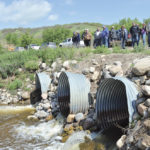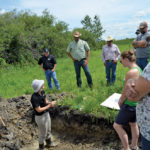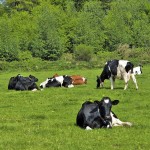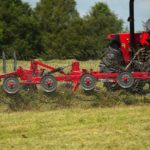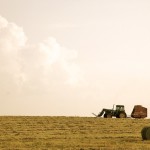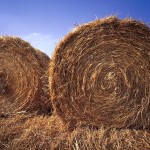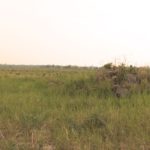The full Manitoba Forage and Grassland Association Aquanty project won’t be launched until next spring, but test scenarios are beginning to flow through the hydrological model
Data is beginning to flow from the Manitoba Forage and Grassland Association (MFGA) Aquanty project, although results are preliminary. The hydrological model, to be launched in March 2018, will mimic the interaction between water and land in the Assiniboine River Basin. “As we learn more about the MFGA Aquanty model, it becomes more and more


